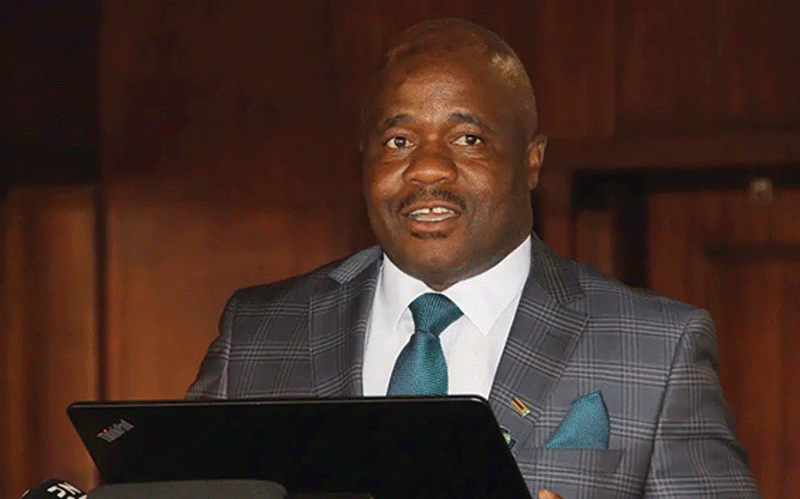
CEO Africa Round Table chairperson Oswell Binha says Zimbabwe can “kiss goodbye” any hopes of attracting investments if it fails to address the financial markets turmoil and currency challenges bedevilling the economy.
There is tight liquidity in the market owing to tight monetary and fiscal measures to rein in the depreciation of the local currency.
“…we need stable financial markets, particularly, fixing the currency crisis and national debt because without it, Africa and Zimbabwe in particular, can kiss credible investment goodbye,” Binha said at a three-day CEO Africa Round Table annual conference that kicked off on Wednesday in Victoria Falls.
The conference is being held under the theme, Towards African Renaissance: Prospering Through Smart Partnerships.
Binha said Zimbabwe has a vision to achieve an upper middle-income economy by 2030 and Africa was also lagging in terms of income earning capacities and needs to catch up. This required an honest introspection of the requirements for Zimbabwe and Africa to achieve its visions, he said.
“Key policy and strategic ingredients for our attention as we look at how to transform Africa’s economy to induce a respectable position on a global economic platform will include but are not limited to the following. We need to develop effort and energies in guarding and maintaining peace jealously.”
Binha said the demon of bureaucratic corruption in African economies needed to be exorcised.
He called for a new and “inclusive” social contract to create continent-wide cohesion especially at this point in the life of some of our African countries. The creation of a standardised and guided script in dealing with the perception of country risk, investment promotion and integrating a shared value system was also important, Binha said.
- Mavhunga puts DeMbare into Chibuku quarterfinals
- Bulls to charge into Zimbabwe gold stocks
- Ndiraya concerned as goals dry up
- Letters: How solar power is transforming African farms
Keep Reading
He said genuine, effective, and robust international engagement would be important for growth.
“The growth trajectory can only be sustained with an improved operating environment. Honourable minister (Industry and Commerce minister Sithembiso Nyoni), in our view, the job at hand requires a private sector approach to public service. We are here as the CEO Africa Round Table, the decision-makers in the various sectors of Zimbabwe,” Binha noted.
“Some are multinationals, some are parastatals, some are owner-managed businesses. Our view is that we have a responsibility to you and the government to plan, advise appropriately so that we have robust engagement to not only chart the way for the Zimbabwean economy forward but the regional and African economy at large”
The annual conference, which ends tomorrow, is focusing on several key issues include the Zimbabwe’s roadmap towards a circular economy, Harare’s property market development by 2030, renewable energy, and the net metering system, among other topics.
Nyoni, who was present at the conference, implored the private sector and her ministry to work together in line with the deliberations of the conference.
“These interactions guide our policy formulation and implementation as these help in aligning our priorities to critical areas of development,” she said.
“This is why I brought with me my officials, especially, my chief director so that at least we can get our ideas from here. As you are aware, we are in a process of reviewing our industrial policy and such meetings are going to be very helpfully to input into that industrial policy.”
She told delegates that first, Zimbabwe was open for business to Zimbabwe, then Sadc region, Africa, and the rest of the world.
“This industrial development policy’s overall objective is to increase manufacturing sector growth by 2% per annum and to ensure that we have quality goods on our shelves, to increase investment especially in the manufacturing sector, and to grow export portfolio by 10% per annum. It is my hope that you will all feel free to input into this policy,” Nyoni said.










